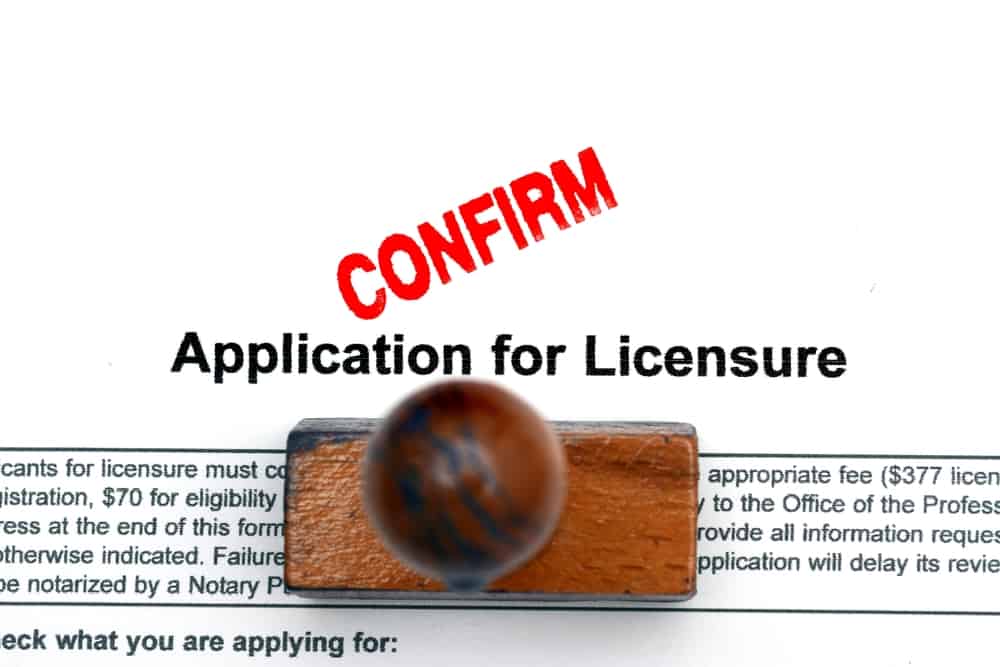If you want to move from one state to another, there are different factors that you need to consider. Some of the questions you need to ask yourself include: Are you a permanent resident of any state? Are you relocating to another state for good? Are there any tax implications when moving to another state?
- Does the State Have Income Tax?
If you want to relocate but aren’t sure where to move, consider relocating to states that don’t have an income tax. Some of these states include South Dakota, Alaska, and Washington. There won’t be any income tax on self-employment income or wages in these states.
- Moving Expenses
Consider your moving expenses regardless of whether they’re tax-free. Such expenses are supposed to appear in the W-2 form as you file your tax returns. The main focus is on ensuring that everything is accurate about your taxes.
- Renting Property in the State you Reside
Do you have a permanent residence in the state you currently reside in? After relocating, do you want to earn rental income from the house you’ve left behind? If yes, you must file income tax returns in your previous state based on your expenses and income.
Even when you incur losses on the rental income, and there is no need to file returns in your old state, you should consider filing returns to showcase that there is a taxable loss. It comes in handy if you want to carry the loss over to offset the rental income taxable by the state you used to reside in.
- Dividend Income and Interest from Your Old State
Dividend and interest income are taxable in the state where you are currently. If you relocate from your current state and you’re moving permanently, the current state is supposed to tax the interest income from your bank accounts in your previous state since you’ll now be a resident of another state. Your previous state won’t tax you when you reside in another state.
- Tax-Exempt Investments
Are you an investor? If yes, you understand that some investments are tax-exempt in your previous state. In some states, your retirement income can also be taxed. The retirement tax is calculated differently in each state.
Final Thoughts
You may have investments that are tax-exempt in your old state. Some of these investments may be taxable in the state where you have relocated to. In North Carolina, municipal bonds are not taxable, and you won’t pay income tax if you’re a permanent resident. If you own municipal bonds and reside in Idaho, you should pay income tax. Ensure you have reviewed your financial portfolio before relocating from one state to the next. If you have any inquiries, you can contact the tax authority and learn more about what’s new about paying taxes. You may incur penalties if you fail to pay your taxes on time. Depending on the state you want to relocate to, you should be conversant with the penalties you’ll attract in each state.



